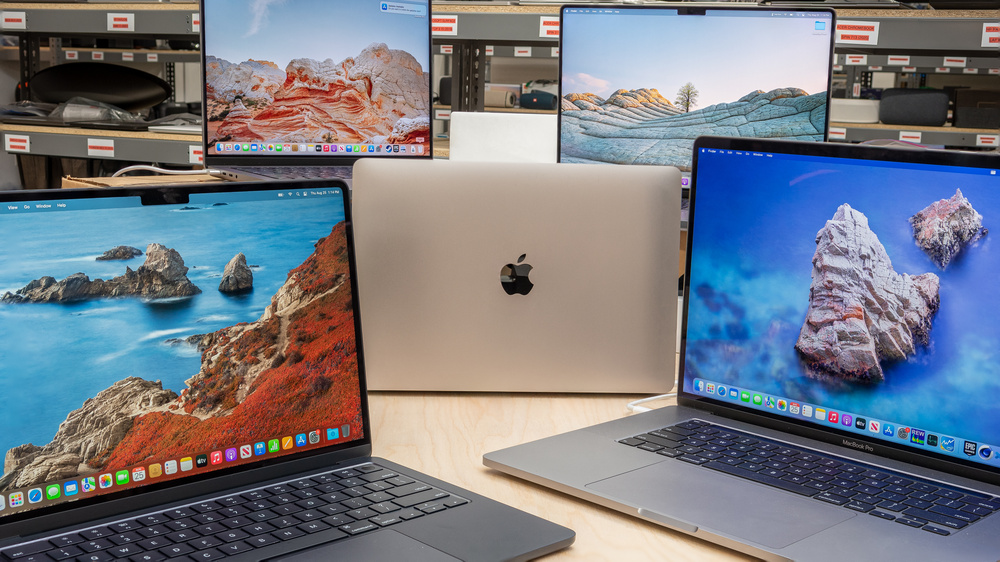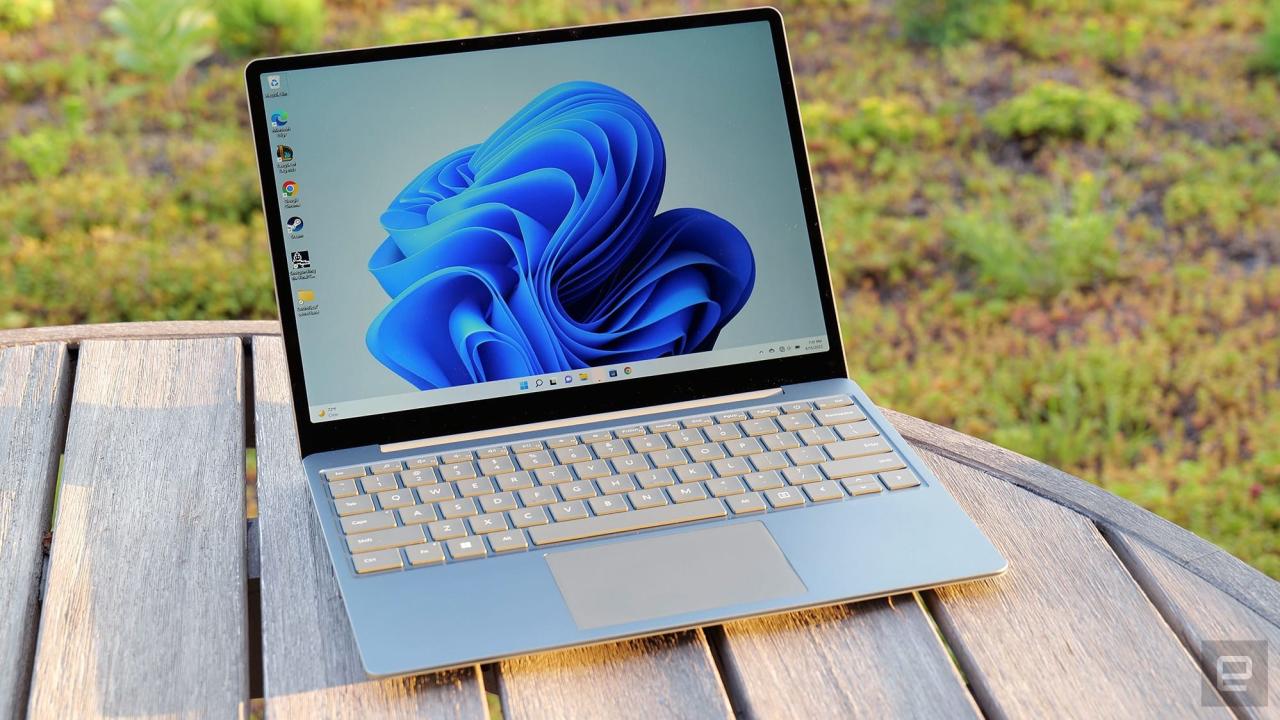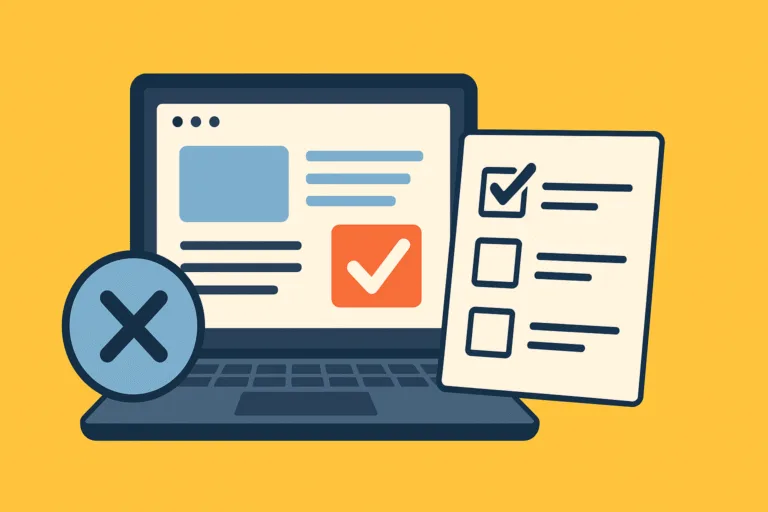Choosing between desktops and laptops is like deciding between two different superheroes, each with its unique set of superpowers. Desktops are like powerful workstations that stay in one place, offering strength for demanding tasks. On the other hand, laptops are portable companions, letting you work or play on the go.
It’s a matter of what suits you best. Let’s explore the features of desktops and laptops to find out which one is better for you.
Power and Performance
Desktops are known for their powerful hardware components like high-speed processors and advanced graphics cards. This makes them ideal for resource-intensive tasks such as gaming, video editing, and graphic design. The superior performance of desktops is a key factor for users who demand a computing powerhouse.
Portability
Laptops shine in the realm of portability. Their compact design, lightweight build, and built-in battery make them easy to carry around, addressing the needs of users who need to work or entertain themselves on the go.
Laptops are crafted with a focus on minimizing weight without compromising functionality. This lightweight construction contributes to the ease of carrying, making them an ideal companion for professionals, students, and anyone with a active lifestyle.
Customizability
Desktops stand out for their incredible customizability, providing users with the power to shape their computing experience according to their evolving needs. This flexibility is especially valuable because it allows users to easily upgrade components such as the processor, graphics card, and storage.
Imagine starting with a desktop that meets your current requirements and as technology advances or your computing demands grow, you improve its capabilities. This adaptability ensures that your desktop stays relevant and powerful over time, providing a sustainable solution.
Space Efficiency
Laptops excel in space efficiency, making them a perfect fit for those who value a compact and organized workspace. Their design minimizes the need for significant desk or storage space. Imagine the convenience of a device that can be easily tucked away when not in use, leaving your desk free from clutter.
This feature proves especially beneficial for individuals dealing with limited room, such as students in hostels or professionals working in home offices.
Also Read: Why does a Laptop Sound like a Jet Engine?

Connectivity Options
Desktops often provide more connectivity options with multiple USB ports, expansion slots, and the ability to connect to various peripherals simultaneously. This is a big plus for people who want flexibility in how they connect gadgets. Whether you’re plugging in external drives, hooking up a printer, or working with various gadgets simultaneously, desktops have you covered.
Battery Life
Laptops come equipped with built-in batteries, guaranteeing uninterrupted usage even when there’s no access to a power source. This feature is invaluable for people who need to work on-the-go, whether it’s during a commute, at a restaurant, or while attending meetings.
Multitasking
Desktops excel in multitasking, thanks to their powerful processors and ample RAM. This multitasking ability is a big advantage for people who regularly use different programs or work on various projects. With the strong combination of processing power and memory, desktops can easily switch between tasks, providing a smooth experience.
Upgradability
Laptops may have limitations in terms of upgradability, as certain components may be integrated or harder to replace. Desktops, on the other hand, allow for easy upgrades, making it convenient to improve performance over time. Imagine a computing setup that evolves with your needs, where upgrading components like the processor, graphics card, or storage is a straightforward process.

Screen Size
Desktops take the lead when it comes to screen size, providing larger and higher-resolution displays that redefine the visual experience. The advantage of a spacious screen becomes especially evident when engaging in activities that demand precision, such as graphic design or video editing.
Cost
When it comes to money matters in computing, the comparison between laptops and desktops presents a bit of a puzzle. Laptops often seem like the wallet-friendly option, especially for people watching their budgets. They don’t cost as much right off the bat, making them a good pick for those who need basic computing without spending too much.
So, in the end, choosing between laptops and desktops really comes down to your budget and how you think your computer needs might change. If you’re watching your wallet closely, laptops are a good bet – they’re a more affordable way to get into the digital world with the basics covered. But, when you look at desktops, they might ask for a bit more money upfront.
Here’s the trick, though: desktops can be a smart move in the long run. Why? Well, they let you make upgrades. You can tweak things like the processor, graphics card, or storage down the road, keeping your desktop up to date with the latest tech.
So, it’s like a game of chess between what you spend right now and what value you get in the future. Depending on your budget and how you see your computer needs changing, picking between laptops and desktops becomes a personal choice.




